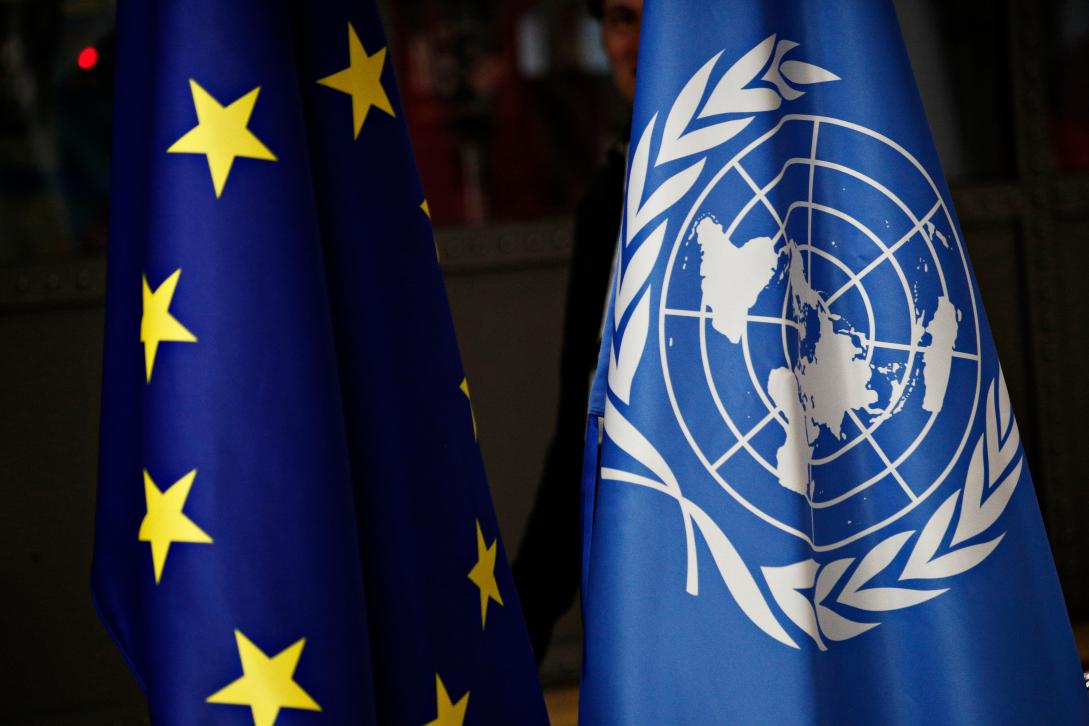United Nations Day: not just another international day

In 2022 we have seen why this matters so much. Russia’s war of aggression against Ukraine has worsened existing crises, including those caused by climate change or COVID-19, and added more. As we saw in New York, at the start of the UN General Assembly in September, international relations are marked by growing tensions and an urgent need to build bridges.
The 2030 Agenda for Sustainable Development was supposed to provide an agreed track to address the world’s most pressing problems, but progress has slowed or gone into reverse. Meanwhile, we know that the “triple planetary crisis” of climate change, biodiversity loss and pollution constitutes an existential threat for the whole planet, which demands action.
This is why the EU has redoubled its work with and through the UN. We do this through dialogue, as when a group of Commissioners met with UN senior management in July to exchange priorities. We do it as the single largest financial contributor to the UN system. And we do it by supporting reform of the UN for the benefit of the whole UN membership.
Nothing can compare with the UN as the embodiment of international legitimacy, order and hope. Millions of people depend on the UN, for example through the work of the Global Crisis Response Group on Food, Energy and Finance. The EU will continue to support the UN in defending democracy and human rights by listening and engaging in diverse partnerships.
When the UN Charter entered into force 77 years ago, on 24 October 1945, it expressed a universal determination “to save succeeding generations from the scourge of war”. As Ukraine passes 243 days under attack on its sovereignty, this resolve is more important than ever.





